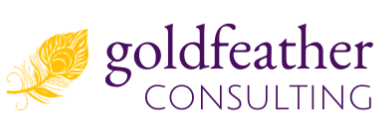Providing
targeted
support makes the difference.
Hoarding and cluttering challenges don’t have to be life sentences. With support, skill-building, and community connection, people are able to maintain and enjoy their living environment.
But the right kind of support can vary from person to person. The more targeted the support, the more likely it is to succeed.
Goldfeather Consulting specializes in working with service providers and community-based organizations to provide effective supports to community members living with too much stuff.
A focus on unique at-risk groups
Hoarding and cluttering challenges affect around 5% of the population. Some of the groups most disproportionately impacted have the fewest targeted resources.
Goldfeather Consulting is working to address that imbalance with the following groups.
Most resources and supports for hoarding, cluttering, and organizing are aimed at middle-income clients, who often own their own homes. But what about those who live in low-income, single-room occupancy (SRO), or supportive housing? Age, disability, and cognitive issues already complicate decluttering. Add small, high-content living spaces into the mix and the problems quickly become overwhelming.
Goldfeather consultants have experience working with low-income tenants, and we know how to help. While we are unable to provide direct service to community members, we consult with service providers to give accurate information on hoarding and cluttering issues and help develop evidence-based harm reduction strategies to prevent eviction and keep people in their homes.
